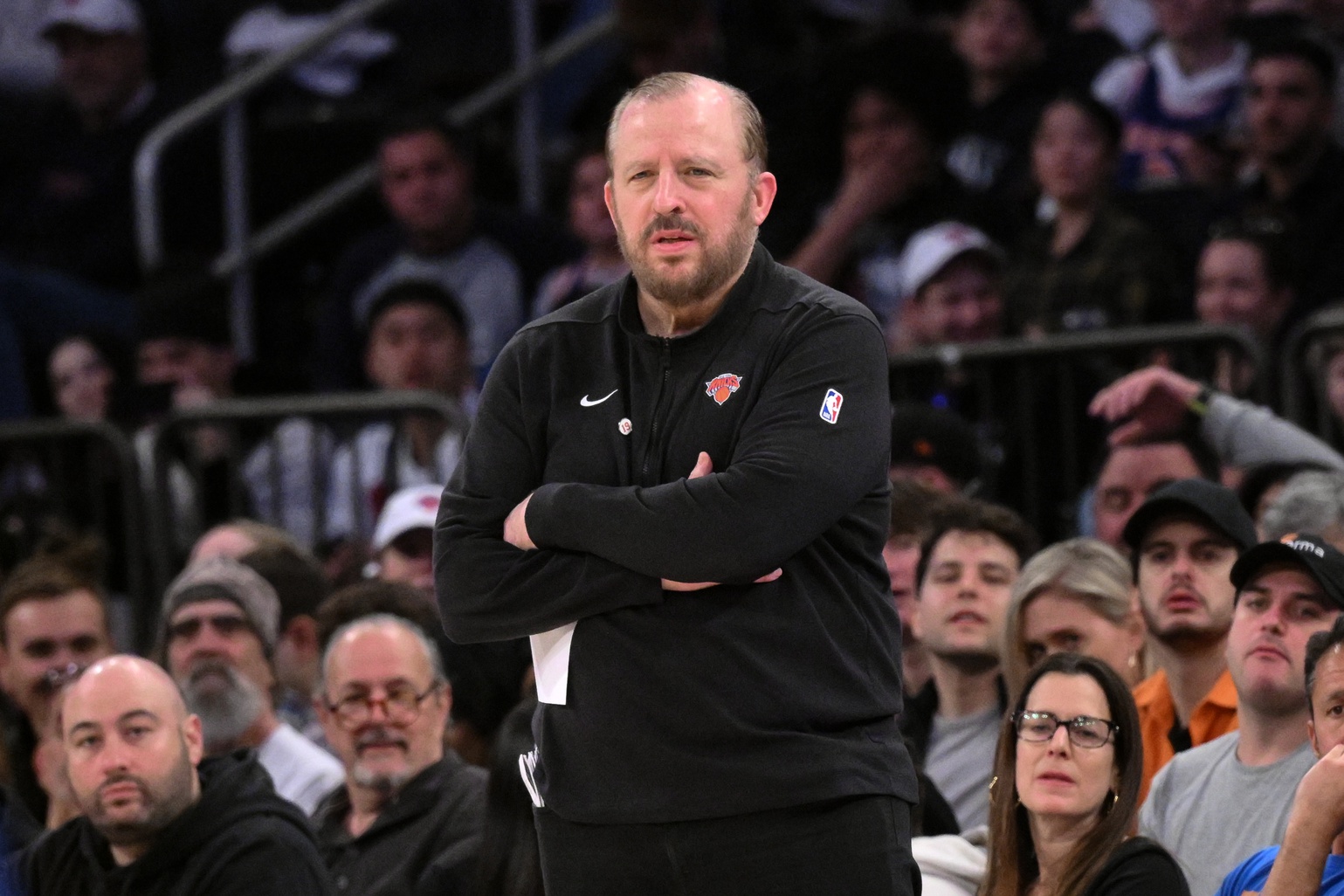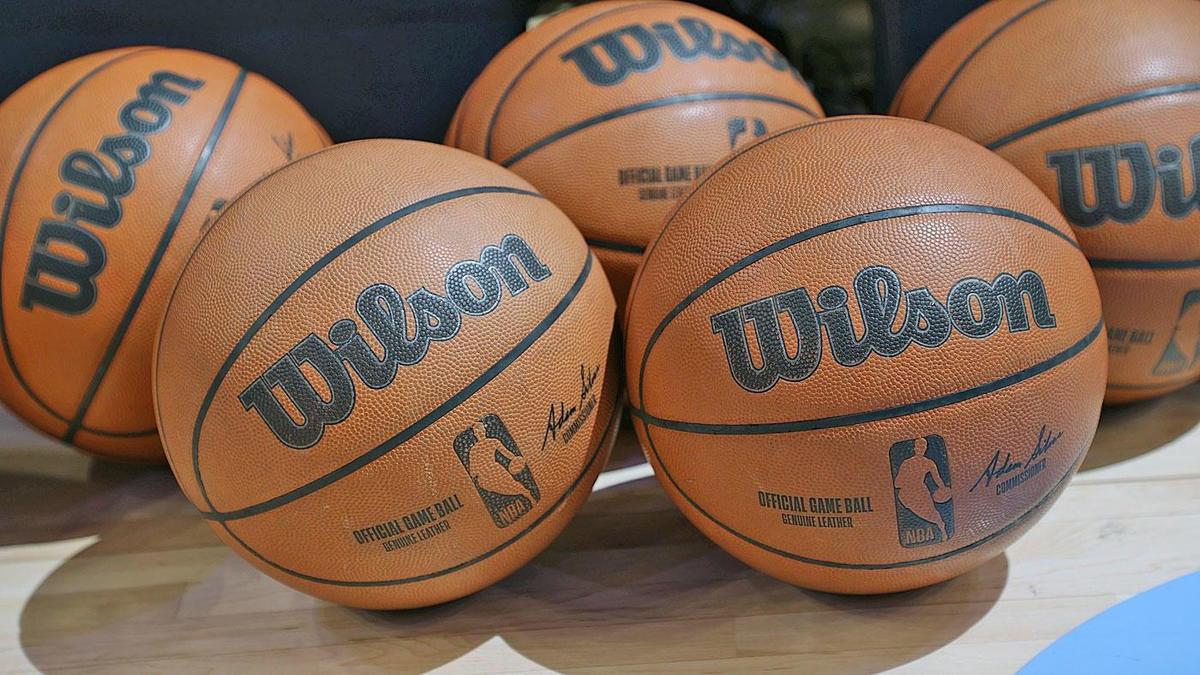World
Cricket World Cup taking over NYC area with matches in Nassau County

Of all the high-profile New York City-area venues to be threatened by Islamic extremists this summer, none was more unexpected than the Nassau County International Cricket Stadium (NCICS) on Long Island. Not because the 34,000-seat open-air facility doesn’t make for a choice target, but because who knew there’s a world-class cricket stadium barely 32 miles east of Manhattan?
You’d be forgiven if you didn’t. Just four months ago, the 8.3-acre site in Eisenhower Park, East Meadow was little more than a muddy field in need of some TLC. That opportunity has now arrived in the form of the Men’s T20 Cricket World Cup, the biennial 20-team tournament that touches down at the stadium Monday and continues through June 12.
Eight of the tournament’s 55 matches will be held at NCICS — including Sunday’s India vs. Pakistan showdown, widely considered the Cup’s most thrilling and an apparent ISIS target, according to recent news reports. The rest of the tournament will be spread around Florida, Texas and the Caribbean. In 2022 in Australia, England beat Pakistan to be crowned champions. The U.S. — which won its opener with a stirring comeback Saturday in Dallas — will make its only Eisenhower Park appearance June 12 against powerhouse India.
This year’s T20 final — T20 cricket is a condensed version, typically 3 ¹/₂ hours, of a traditional test match that can last five days — will be held in Barbados on June 30.
Few cities rival New York for world-class sports, but Gotham makes for an unlikely cricket stage. Critics shared similar sentiments about soccer in 1994 when FIFA held the World Cup in the U.S. With an estimated 200,000 players in America today, cricket still lags far behind soccer’s status three decades ago. But T20 organizers are hoping the tournament can do for U.S. cricket what FIFA did for soccer.
“The United States is already one of the largest TV audiences in the world for cricket, so we hope this event is an opportunity for fans to see top-level cricket in their own backyard,” said Brett Jones, CEO of local organizing committee, T20 USA.
The raw ingredients are already there. Across America, there are some 400 local cricket leagues, according to USA Cricket, including here in New York. Like soccer, which was popularized by immigrants from Latin America, cricket’s ascent is fueled by émigrés, particularly from the Caribbean and South Asia. There are over a million immigrants from these regions in the New York-area, making it America’s cricketing epicenter. “That’s why the opportunity to play games there was obviously a no-brainer,” adds Jones.
New York may be new to cricket but the game is hardly new to New York. Brought over by British colonizers in the 18th century, the New York Gazette reported on a match between a London team and a team of locals back in 1751. In September 1844, a match between the U.S. and Canada was held at what is now the corner of Fifth Avenue and 31st Street — the first ever international fixture in sports history, predating the America’s Cup by seven years.
Cricket remained popular until the mid-19th century when “the Civil War killed cricket,” professor Tim Lockley, a social historian from the University of Warwick, told The Post. “This was both literal in the shape of 600,000-plus dead men, some of whom were cricketers, and figurative, since the South was a mess after 1865 and not in any state to stage organized sport.
“North or South, though, there was no immediate transition back to pre-war life.”
What really killed cricket, however, was baseball, which not only required hours — not days — for matches, but could be played in most any field rather than a pitch requiring constant maintenance.
When the Imperial Cricket Conference (later the International Cricket Council) denied membership to the U.S. in 1909, American cricket was on life support and were it not for immigrants arriving from cricket-playing nations, the game might have died.
Immigrants like Clarence Modeste.
Originally from Tobago, Modeste arrived in Brooklyn in 1959 and is president of New York’s oldest cricket club, Staten Island Cricket Club, where he’s has been a member since 1961.
“I remember we played in the New York Metropolitan League in the ’60s and there were only six teams in the city,” recalled the retired radiographer from Queens Village.
John Moore, professor of Microbiology and Immunology at Cornell University, agrees. He arrived in New York from England in 1992, and is a member of one of New York’s biggest clubs, Wanderers, and also plays for the Mad Dogs. He also coordinates the World Series League.
“There could be 100 games of cricket going on in any given weekend in New York,” he added. “And some of it is a very high standard — even if the pitches aren’t up to scratch.”
Even the NYPD has a team.
Det. Ahmad Chohan, from East Meadow, left Pakistan for America at 14 but with nowhere to play his interest waned. It was only when he found like-minded colleagues they joined forces.
“There were all these officers with South Asian and Caribbean backgrounds who wanted to play, so we formed our NYPD team in 2010 and have played ever since,” he said.
Chubb Bedassee, meanwhile, is owner of Brooklyn-based Bedassee Sports — the city’s only cricket store. His family have been in business since his cricket-mad father emigrated from Guyana in the 1950s, opening his first shop.
“It’s a thriving scene,” he said. “We have all these immigrants who come into New York then move further out, and they take that passion for cricket wherever they go.
“And the game keeps spreading.”
In 2021, the game’s governing body in America, USA Cricket, and Cricket West Indies submitted a joint bid to stage the ninth edition of the tournament and were selected as hosts by the ICC in November of that year.
Cricket’s popularity here was a major reason New York got the green light for World Cup games and ever since, interest has ramped up.
Last year, the inaugural season of Major League Cricket (MLC) took place in July and more than 70,000 fans attended the 18-day, six-team tournament played at the Grand Prairie Stadium in Dallas along with Church Street Park in Morrisville, N.C.
The competition, won by the New York franchise, was viewed in 87 countries, with matches shown live on CBS Sports. The season also attracted revenues of $8 million — beating expectations.
While eight World Cup games are in New York, it’s been anything but straightforward getting here.
Initially, The Bronx’s Van Cortlandt Park was earmarked as a stadium site but was met with fierce resistance from local community groups and, ironically, from the park’s cricketers, whose entire seasons would be canceled to make way for it.
When the ICC backed down in September 2023, attention switched to Eisenhower Park, a 930-acre public space in Nassau County, where, in just 106 days, a temporary 34,000-seat stadium was built.
“The biggest challenge was the expedited timeline to build a stadium that big,” said, Jeff Keas, senior principal at Populous, the stadium’s designers. “Many thought it couldn’t be done — but we did it.”
Built at a reported cost of $30 million and paid for by T20 USA, the stadium features 40-row, 75-feet high grandstands that have already been used in Formula 1, pro golf and tennis.
“From a sustainability perspective, the NCICS’s design is unique,” Keas said. “The grandstands are repurposed and the seats are temporary so they can all be recirculated again once the ICC T20 World Cup is over.”
As cricket requires closely cropped fields and pitches (the narrow strip between bowler and batter), there has been no expense spared in creating perfect playing surfaces. Over three months, the entire field and 10 pitches were grown in Florida and transported by 20 trucks the 1,300 miles to Long Island.
Today, the NCICS towers over Eisenhower Park and Chohan can’t wait for it to get going.
“It’s incredible to think there’s going to be a cricket World Cup near my house — I can even walk there,” he said.
Rudolph John, 69, is originally from St. Vincent but now lives in Farmingdale. He is co-founder of the Long Island Youth Cricket Academy (LIYCA), teaching youngsters in Eisenhower Park every Saturday.
“I’m really hoping that the World Cup will do for cricket what the soccer World Cup did for that sport when it was here in 1994,” said the ex-New York Department of Correction officer.
Modeste, the president of the Staten Island Cricket Club agrees.
“We’ve had soccer moms,” he said. “Now we need cricket moms.”
When NCICS opened two weeks ago, organizers introduced ambassadors, including cricket legends Curtly Ambrose (West Indies) and Shoaib Malik (Pakistan), and sprint superstar Usain Bolt.
Clearly, the World Cup is determined to make a splash.
“Obviously, the U.S. is strategically important to the global game as we continue to grow the sport, so beginning now with the ICC Men’s T20 World Cup and carrying through to the LA Olympic Games in 2028 we’re.”
While the number of participants grows, awareness of cricket among the wider public remains a work in progress. A recent survey by YouGov of 1,142 U.S. citizens found eight out 10 people had no awareness of any cricket leagues whatsoever, while just one in five expressed an interest in the World Cup.
That said, 52 percent of respondents still believed the USA would win the competition.
The U.S. is the among the longest of long shots in the field, but the tournament coming to the states is already the biggest of wins.










